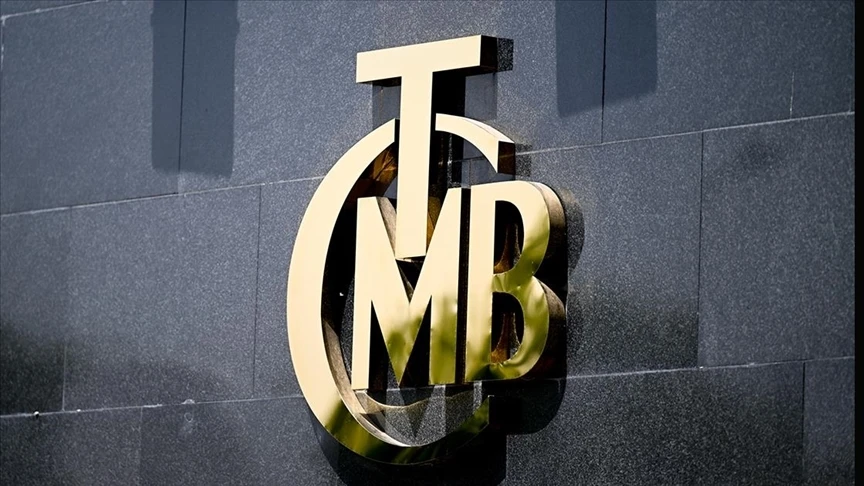Germany’s inflation rises to 3.7% in December

Germany’s consumer inflation rate stands at 3.7% for December, fueled by a significant increase in energy prices and a moderate rise in food costs, with the annual average for 2023 recorded at 5.9%
Germany’s annual consumer inflation was confirmed at 3.7% for December, down from November’s over two-year low of 3.2%, with a notable increase in energy prices, according to official data released on Tuesday by the Federal Statistical Office (Destatis).
Energy prices in December surged 4.1% year-on-year, rebounding from a 4.5% decrease in November. This change was attributed to the base effect of the “December immediate assistance” program. Meanwhile, food prices saw a more modest increase of 4.5% from the previous year, a slowdown from November’s 5.5% hike.
Core inflation, which excludes volatile food and energy prices, eased to 3.5% in December, marking the lowest rate since July 2022. On a monthly basis, consumer prices inched up 0.1% in December, shifting from a 0.4% decline in November.
Looking at the broader picture, Germany’s average consumer inflation rate for the entire year of 2023 was 5.9%, a decline from the record high of 6.9% in the previous year. “While the fall from the near 6% level of the previous year is noticeable, it remains at a high level. Food prices, in particular, registered sharp annual increases in 2023,” said Ruth Brand, head of the statistics agency.
In 2023, food prices increased by 12.4% compared to the previous year, as shown by Destatis data. Energy inflation cooled to 5.3% in 2023, following a steep hike of 29.7% in 2022, primarily due to the impacts of the Russia-Ukraine war and other global crises. Core inflation for 2023 stood at 5.1%, up from 3.8% in 2022.
Source: Newsroom
#haber#



